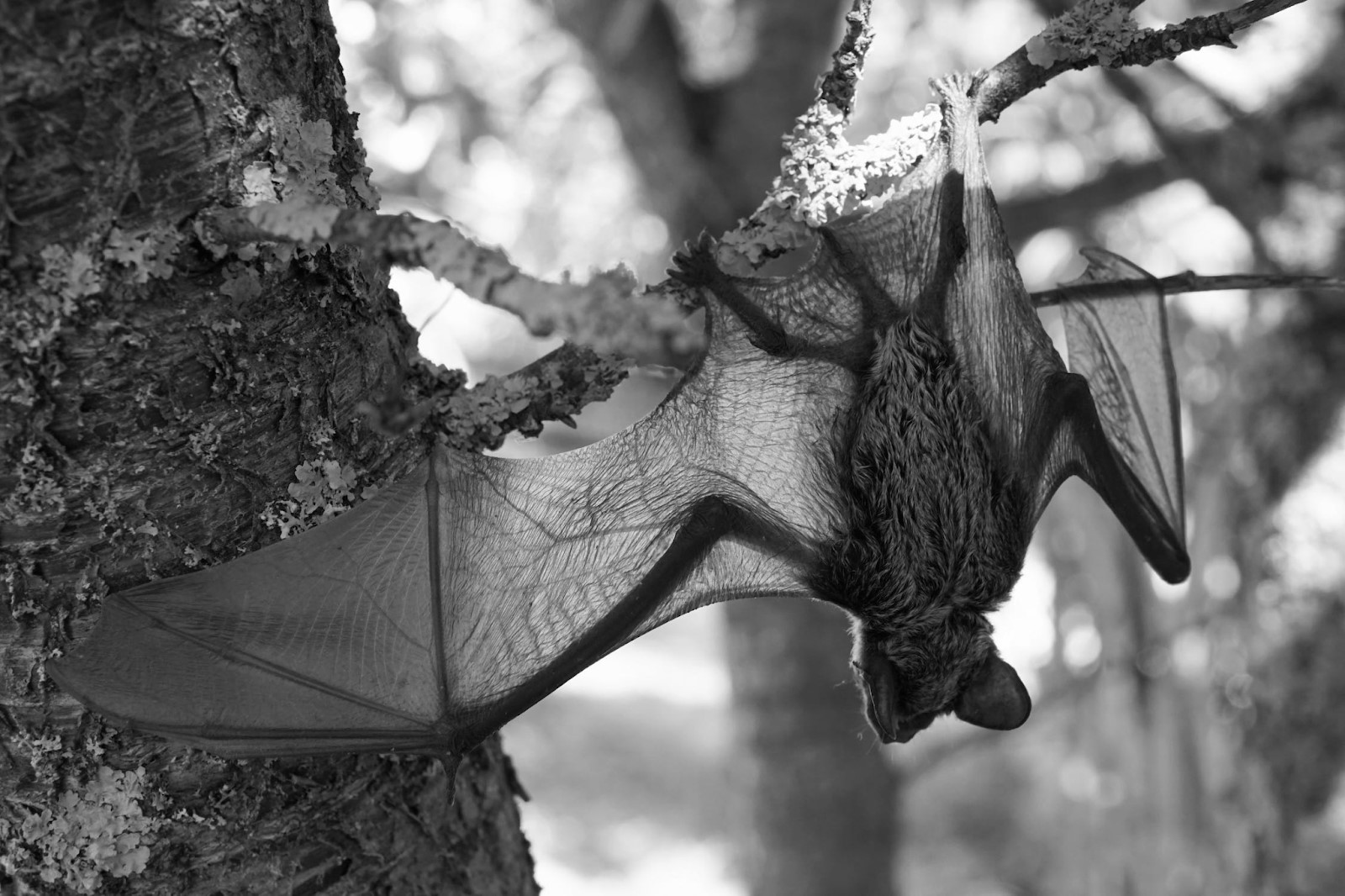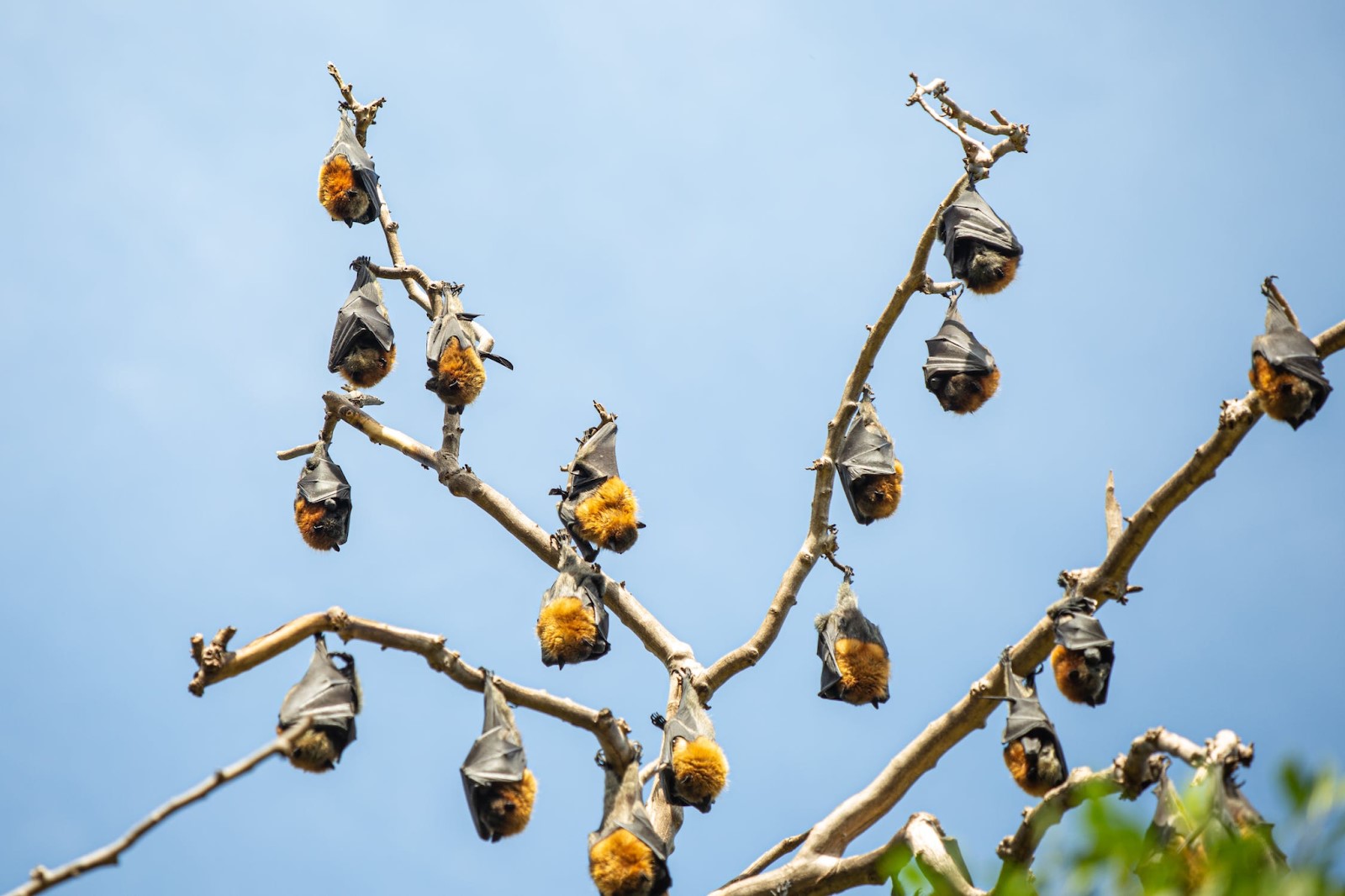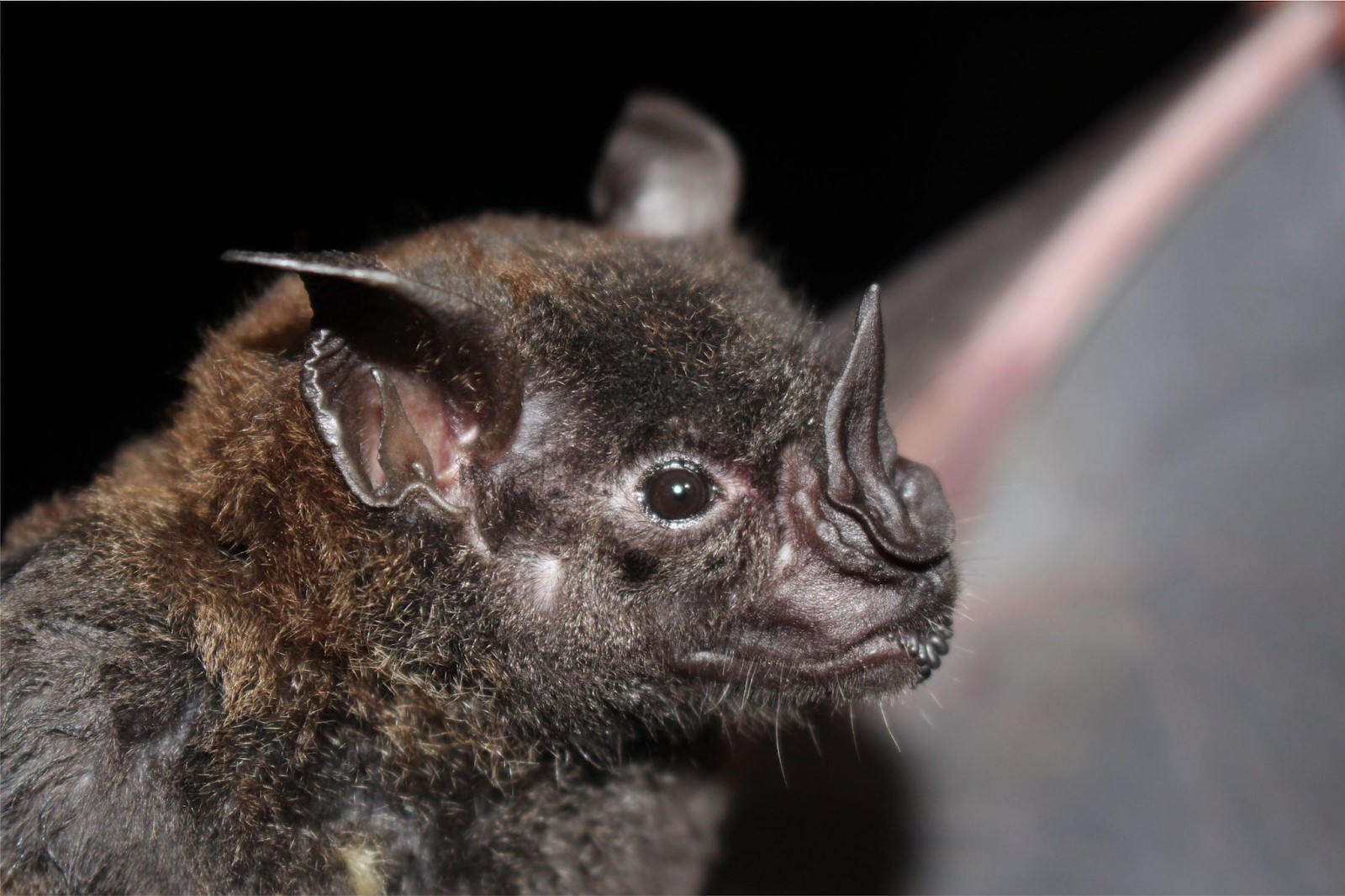Bats are a nocturnal, flying mammal that tend to reside in very dark and hidden areas. There are more than 980 different species of bats on Earth, with about 40 of them living within the boundaries of the United States. They are also in many other areas of the world, like Ecuador, where flying foxes (the largest bats in the world) are common. Your average bat can live for as long as 30 years, and they actually serve their purpose in nature by controlling pests (they eat insects) and participating in pollination. However, when these winged creatures decide they want to make a nest in your attic, garage or somewhere else on your property, you may be looking for ways to get rid of them. If you’ve never encountered a bat problem before, here are five things that you probably don’t know about them.
Like any other pest, bats can carry diseases. You don’t want to handle them unless you’re a professional and know what you’re doing. Also, you don’t want to handle bats because it helps protect them. If you come across a bat that is hibernating and disrupt them, you could trigger a bodily response that results in the loss of their fat reserves. They wouldn’t be able to make it through the rest of their winter hibernation if this occurs.

Bats provide very effective and natural pest control on your property and in the area. Their main diet is bugs, which helps keep these pests away from crops, flowers and other plants nearby. Did you know that if a bat is out looking for food at night, they can actually eat 10 mosquitoes per minute? That means they could eat thousands of bugs in just one night of hunting. Bats have a unique palate that is much different than what a human being is equipped with. A bat’s palate is very muscular and has the ability to stretch and contract to accommodate all different sizes and shapes of bugs.

Bats are a very important part of our ecosystem. They are a key pollinator for more than 300 different fruit plants, one being the agave plant. They also pollinate plants that grow guavas, bananas, figs, mangos, peaches and cocoa. You’re probably wondering how bats are able to pollinate plants during the night. Most insects that participate in daytime pollination do so by looking for the bright colors of flowers and plants. Bats accomplish their work by looking for very light-colored flowers that are highly visible against the darkness of the night. Some bat species, like the tube-lipped nectar bat, have very long tongues that can reach deep down into the bottom of a bell-shaped flower.
Since the winter of 2007, there are millions of bats that have been killed from White Nose Syndrome. This is a condition that is still affecting the bat population today, and we need to protect the bat population. White Nose Syndrome is a condition that can affect the ears, wings and muzzle of bats. It’s actually a fungus that can be transmitted throughout a bat colony, but humans may also have the ability to pass it on to bats as well by accidentally carrying the fungus on shoes, clothing, or gear to the surfaces of the cave or mine where the bats are hibernating.
Bats are most active at night, but the darkness can make it difficult for them to see where they’re going. In order to navigate their surroundings and find food, bats will make high-pitched sounds that will echo in the night called echolocation. They listen for those echos as their main form of navigation. It’s also a way that they can communicate with other bats within their colony. Bats can actually be very loud, and you may have heard one at some point and didn’t realize it. The Big Brown Bat species can use echolocation by making noise that’s as loud as 110 decibels. That’s as loud as a chainsaw or a jet engine!

The bat populations in the U.S. should be protected, but so should you and your family. If you’re looking for assistance with bat removal in your home or on your property, reach out to us here at PestNow of Central Virginia. We are a veteran-owned and operated local business that offers a variety of professional pest-control services throughout the Richmond, Fredericksburg, and Northern Neck areas. We offer services based on the support of the nationwide PestNow organization while also offering you personalized service, individual attention and professional expertise. Give us a call today!